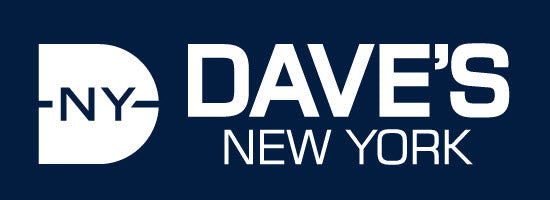Why Is Some Cotton Canvas Called “Duck?”
As more and more people find themselves in a pair of canvas work pants, we get asked a lot of questions about the product. What is a double-front? What are these pockets used for? And one that we get more questions about; why do we keep calling it cotton duck? So we did a bit of research:
What we call “cotton duck” originates from a heavy duty fabric that was used on sails and tents. The word comes from the Dutch word “doek.” As the heavy duty cloth found its way around the world and into things like bags and clothes, the word “doek” was turned into duck. People in all sorts of industries here in the U.S. found the material to be durable for the labor needed in mining, building, and the laying of railroad tracks. Over the course of a century, several companies you recognize today (Carhartt, Dickies, Levi’s, and more) utilize this fabric to make quality work clothes for millions of people.
What makes the canvas duck material so durable is a combination of the way the canvas is made and the material that it is made from. In general the material most often used is cotton and the most common heavy-duty workwear fabric is about 12-ounce (measured as weight in ounces per square yard of fabric). The material is woven in a “plain-weave,” which means that the yarn is woven in an over-under pattern to create a smooth surface. The tightly woven fabric is great for the job site as it makes the work pants less prone to cuts, tears, and snags. When you combine the weight, the fabric, and the weave of the pants, you get a “doek” pant that doesn’t quack under pressure.
Shop our duck canvas workwear collection
Adam, Dave’s New York



Leave a comment